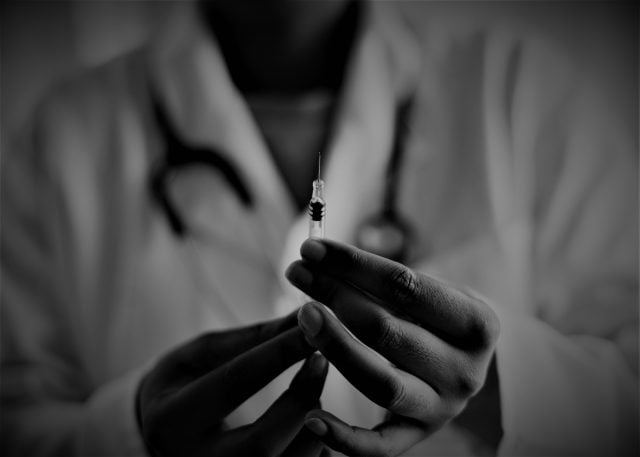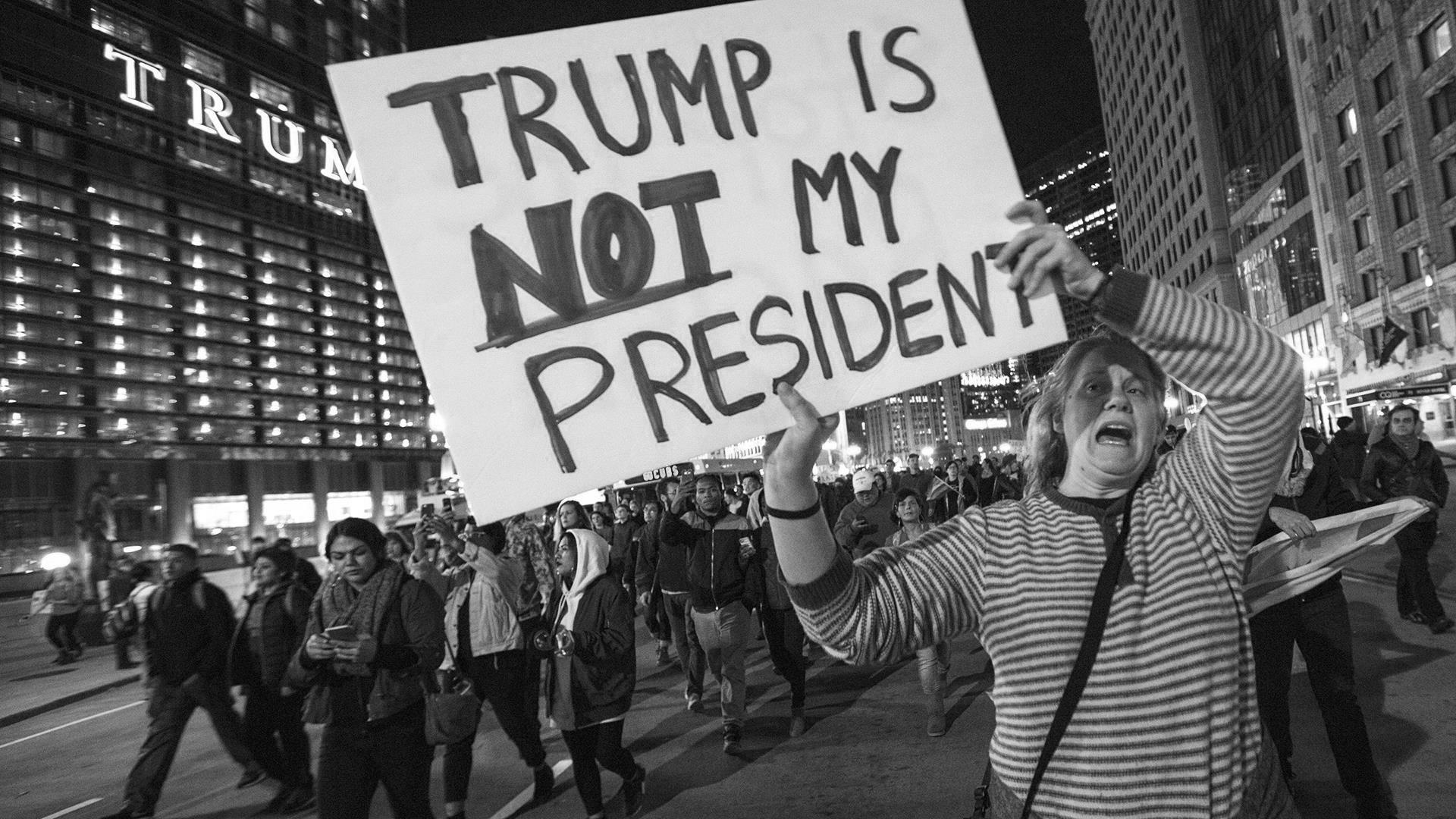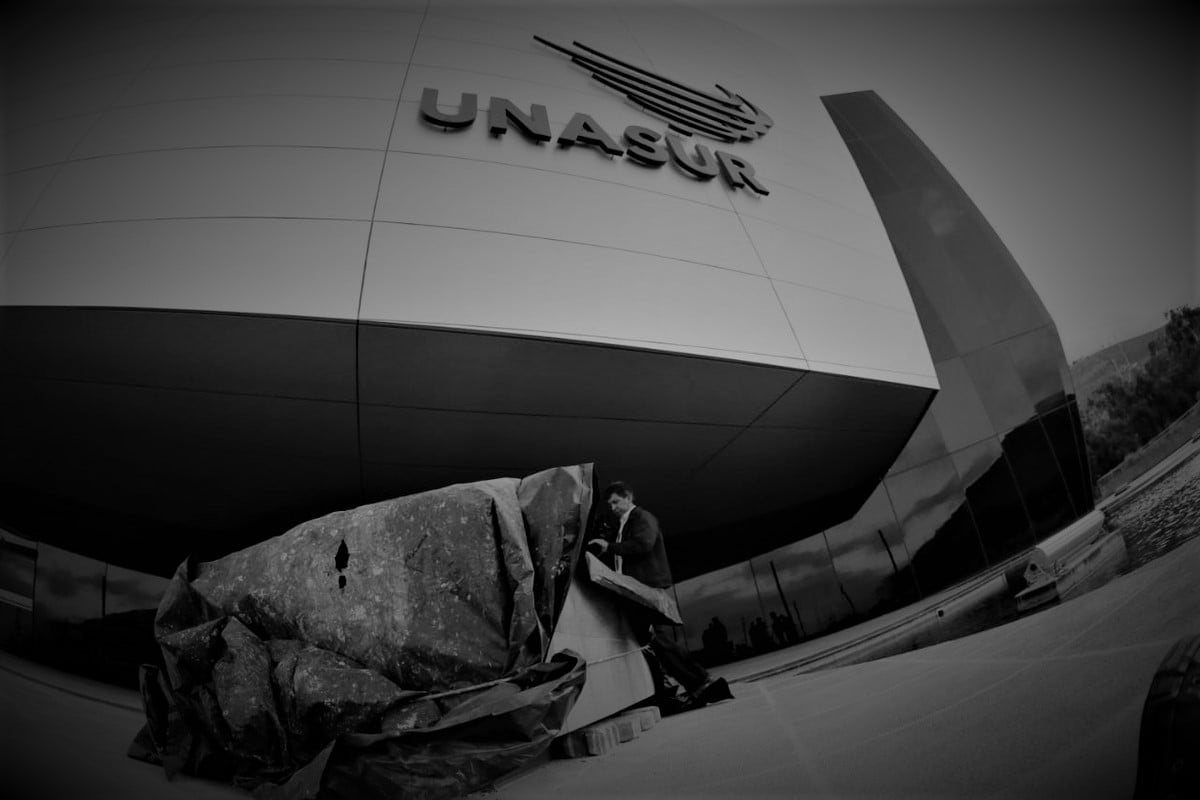The global pandemic caused by COVID-19 has caused a pharmaceutical battle in different countries. The objective is to obtain the most effective vaccine against the disease that registers around 1.3 million deaths and almost 55 million infected people.
On Monday, November 9, the alliance of laboratories Pfizer (United States) and BioNTech (Germany) made a joint announcement. In a statement, they reported that their vaccine would be «more than 90% effective». However, they did not specify the correct percentage.
The journal Nature reported that Pfizer’s results were based on a preliminary analysis done in 94 cases detected among the participants in its study. These infections were discovered when 38,000 of the 43,000 participants had already received the two doses of the vaccine.
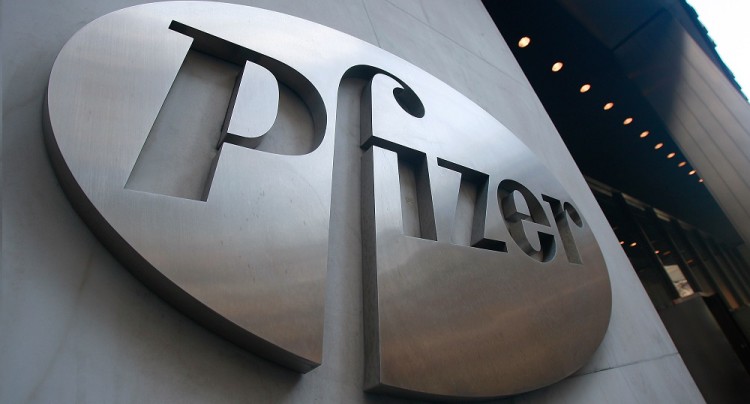
Then, this Monday, November 16, the North American biotechnology company Moderna offered more details about that vaccine. The company announced – through a statement – that the effectiveness is 94.5%. The AFP agency reported that this percentage was derived from studies carried out in its clinical trial in the United States.
AstraZeneca has another vaccine in development, better known as the Oxford vaccine. Although there is no recent report, early trials found it to be just over 50% effective.
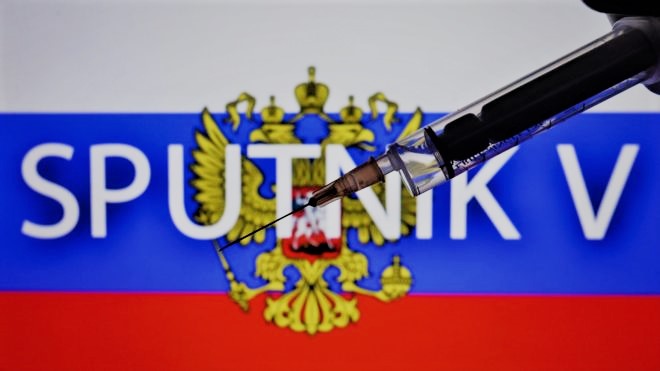
Russia trusts its Sputnik V
Meanwhile, another vaccine with potential to be successful is the Russian Sputnik V. It is developed by the Gamalaya Center for Research in Epidemiology and Microbiology and the Russian Direct Investment Fund (RDIF).
On Wednesday, November 11, its developers reported that the first preliminary results from the latest phase of clinical testing suggest an effectiveness of 92%. They determined this, based on information obtained in Russia, Belarus, India and Venezuela.
Preliminary data comes from a Phase III clinical trial involving some 40,000 volunteers. Of them, at least 16,000 have already received the two doses that make up the vaccine, reported a statement.
It was calculated based on «20 confirmed cases, divided between vaccinated individuals and those who received the placebo». Furthermore, «its efficacy was demonstrated on the basis of a first intermediate analysis, obtained 21 days after the first injection».
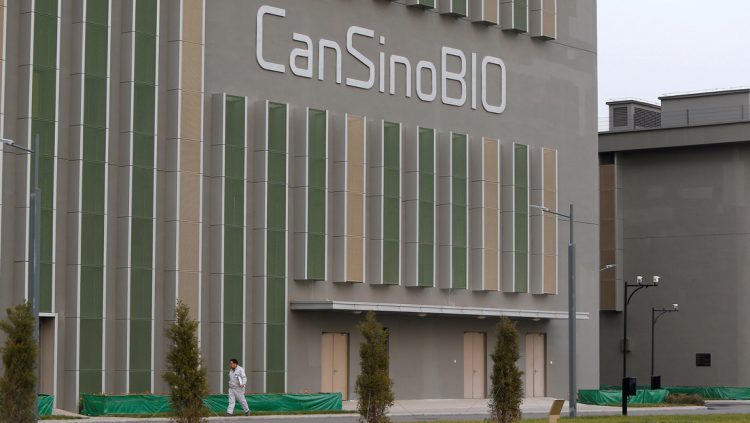
An important piece of information is that the RDIF evaluated the effectiveness of its vaccine after the first dose. However, it takes two doses and three weeks for the immune response to develop.
For now, all the data offered by vaccine developers are preliminary figures from still inconclusive clinical trials. Therefore, proper evaluation of the safety and efficacy of vaccines will actually be possible when the full data from those trials are published.
China also participates in the scientific race
Another vaccine that would be more than 90% effective is Ad5-nCoV. Its developers are the CanSino Biologics company, the Beijing Institute of Biotechnology (BIB) and the China Academy of Military Medical Sciences.
Its development uses the same technology to develop the Ebola vaccine (Ad5-EBOV). Furthermore, the data on its efficacy are due to preliminary studies carried out in phase 1 and 2. These showed that with a single dose it achieves the required immune response.
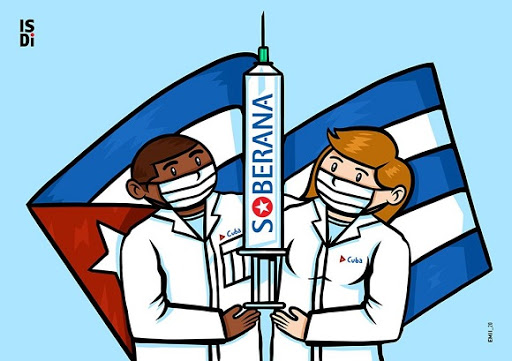
The four potential vaccines of Cuba
Cuba’s science and biotechnology are among the most advanced in the American continent. Therefore, the Caribbean country is in a privileged position to develop an effective vaccine, compared to the rest of the continent.
Also, Cuba has extensive experience in developing vaccines for other diseases. Thanks to this, in the fight against COVID-19 they have four types of drugs in place.
The Granma newspaper reported that the BioCubaFarma business group, headed by Eduardo Martínez Díaz, has four ‘candidates’. Of these, there are two that are the most developed: Sovereign 01 and Sovereign 02.
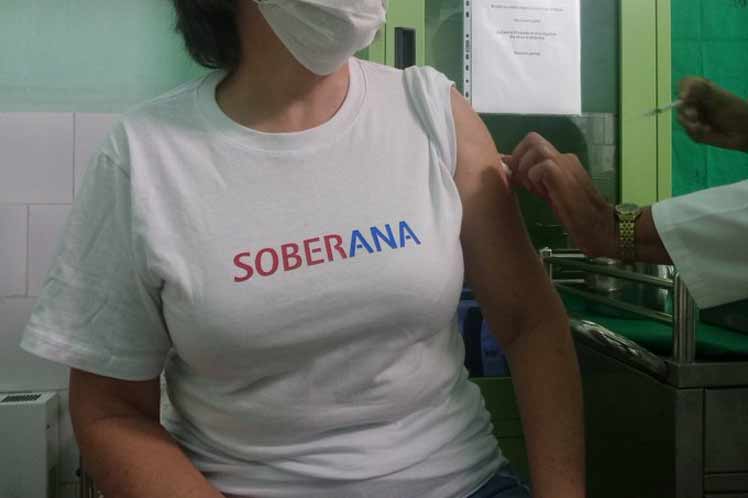
In this regard, Dr. Vicente Vérez Bencomo, general director of the Finlay Vaccine Institute of Cuba, declared: «The way was to diversify the alternatives so as to be able to overcome this challenge efficiently and clearly».
Both vaccines use the same antigen, produced by the CHO cell through biotechnology, with the intention of producing antibodies. “We aspire to achieve, with a dose of one of the formulations of Soberana 01, to raise the defenses of asymptomatic people. This way we can prevent them from having a relapse”, commented the doctor.
How clinical trials are progressing in Cuba
On Sovereign 01, he explained that its security «is very high» and does not have significant side effects. Meanwhile, Soberana 02 combines the virus antigen and tetanus toxoid. From the latter, it was determined that one of its formulations provokes a powerful immune response.
The other Cuban ‘candidates’ against the coronavirus are «Mambisa» and «Abdala». The Center for Genetic Engineering and Biotechnology (CIGB) delivered a few days ago the documentation to request its registration with the Center for State Control of Medicines, Medical Equipment and Devices. After that step, they will be able to enter the clinical development phase.
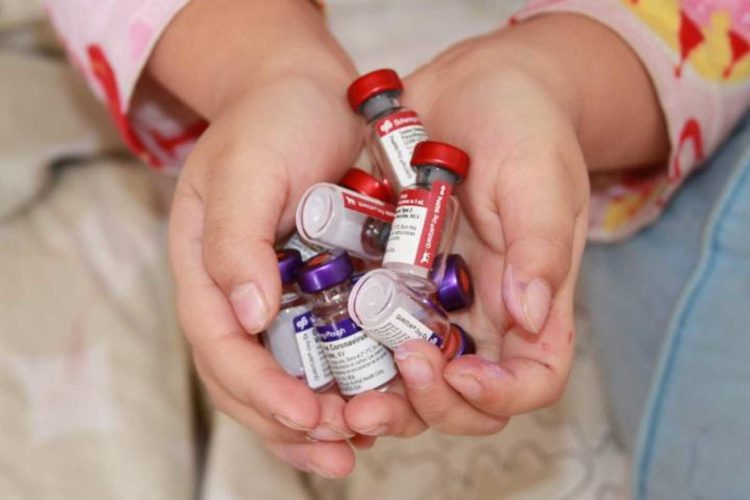
Regarding Mambisa (CIGB 669), it is known to be administered intranasally. “In studies carried out in primates, we discovered that this candidate has the ability to generate antibodies. Furthermore, it meets the rest of the proposed objectives”, explained Eulogio Pimentel Vázquez, director of the CIGB.
On the other hand, Abdala is administered intramuscularly. Clinical trials are pending to evaluate its efficacy. It is the fourth alternative designed by Cuba.
Currently, there are hundreds of vaccines in development and about a dozen are in the final stages of testing. There is also another one manufactured by the American multinational Johnson & Johnson. However, its effectiveness is still unknown due to problems in its clinical trials.
The World Health Organization (WHO) expects that in the coming days there will be new announcements of other candidates. The only certainty is that they all compete to be the first in a world that yearns to leave the COVID-19 pandemic behind.
